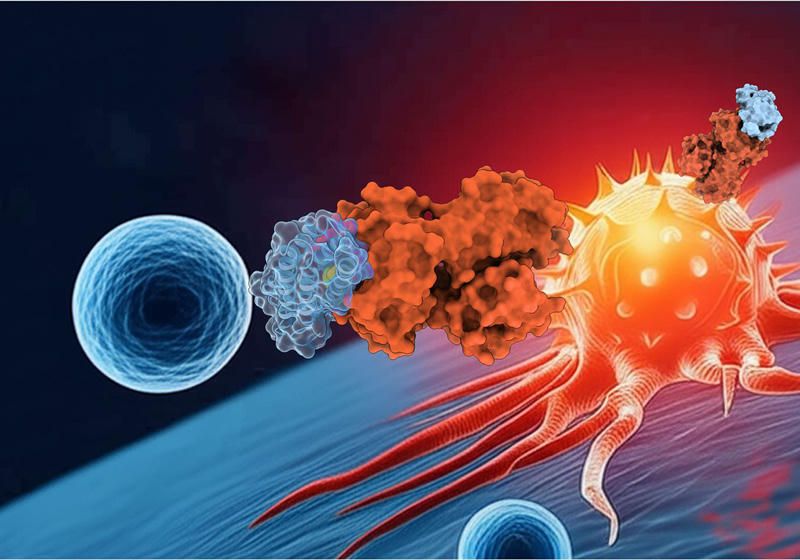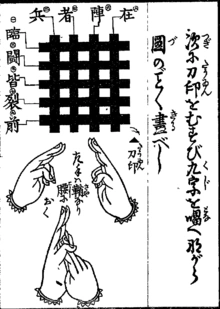
An AI-Generated Protein Helps T Cells Kill Cancer
C ancer immunotherapies widely rely on T cells. In order to become active, T cells interact via their receptors with the major histocompatibility complex (MHC), which expresses fragments of intracellular proteins, such as cancer antigens, on the cell surface. Scientists aim to enhance T cells’ interaction with cancer antigens but lack a high throughput approach to do so.
To solve this problem, data scientist Timothy Jenkins and immunologist Sine Hadrup at the Technical University of Denmark used AI to design de novo T cell receptor (TCR)-like proteins that bind specifically to predetermined cancer antigens based on their known crystal structure in complex with MHC.1 In a recent Science study, Jenkins, Hadrup, and their colleagues discovered a designer protein, termed minibinder, that helped T cells kill cancer in vitro. Their discovery only took several weeks, in contrast to the typical one and a half years. The researchers also demonstrated that their platform could work for targets with unknown crystal structures.
“This is a very, very cool paper,” said Christopher Klebanoff, an oncologist and immunobiologist at Memorial Sloan Kettering Cancer Center, who was not involved in the study. “Very, very cool application of generative [artificial intelligence] to solve a really, really challenging problem in the field.”
















